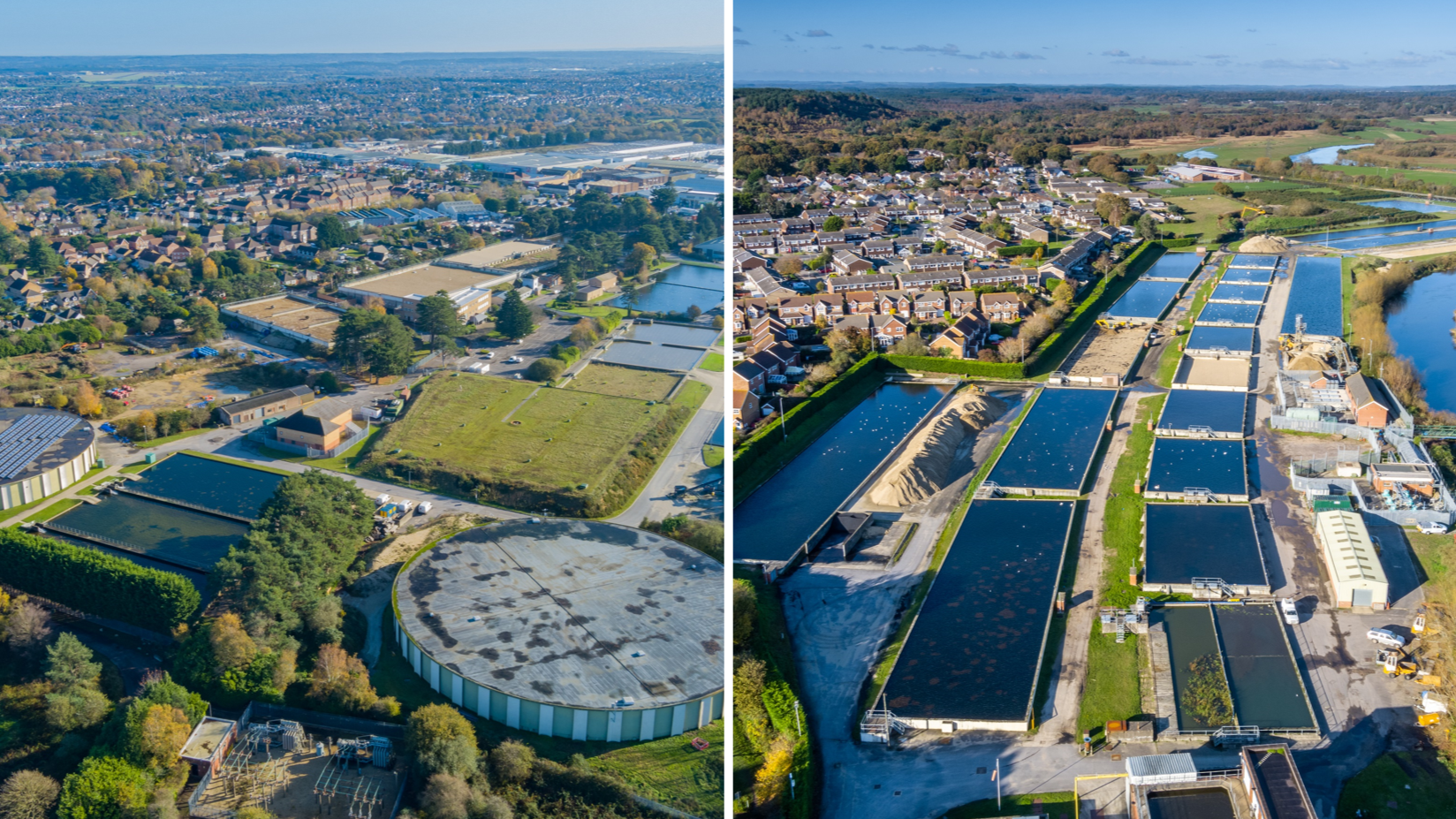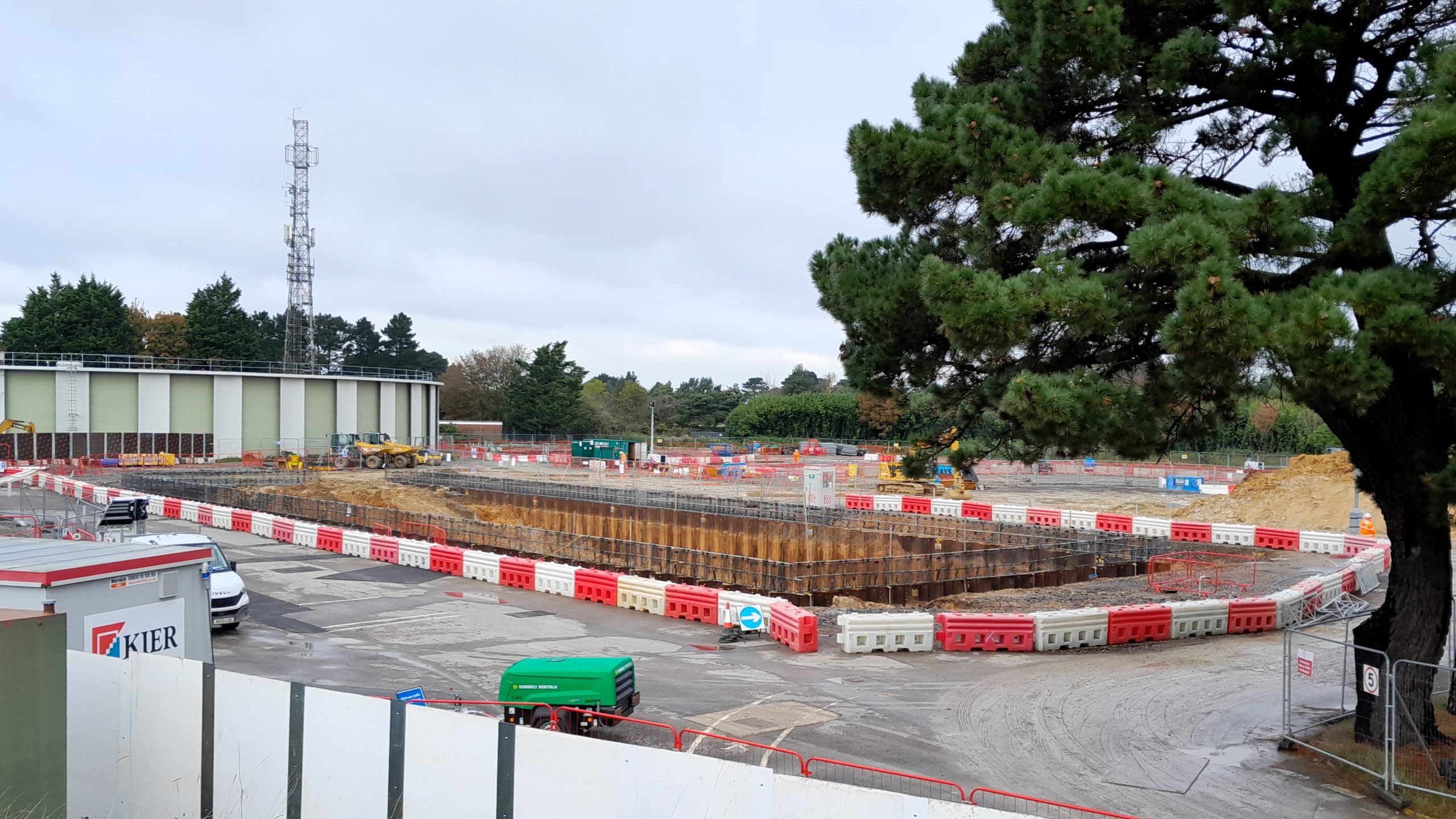A landmark project to upgrade two water treatment works has started in Bournemouth. The Bournemouth Water scheme will see both of the company’s water treatment works at Alderney and Knapp Mill upgraded with cutting-edge technology. It is a £200 million investment by the water company.
The upgrades will involve combining the existing nature-based slow sand filtration with a state-of-the-art ceramic membrane technology from Japanese manufacturer Metawater and PWN Technologies from the Netherlands. The two technologies will be combined to sustainably produce the highest quality water for now and for the future.
Construction began at the Alderney site earlier this year and is expected to be completed during 2025, while work at Knapp Mill is expected to start next year and be completed during 2026. In total, Bournemouth Water is investing £113 million at Alderney and £85 million at Knapp Mill.
The project follows three years of research undertaken by Bournemouth Water to identify the right solution to best meet the needs of the company’s 500,000 customers.
The treatment technology selected was pioneered at South West Water’s Mayflower Water Treatment Works in Plymouth. Following local research and design development with PWN Technologies, Ross-shire Engineering (RSE) in Scotland have manufactured the main process and plant technology.
Along with ensuring customers receive a continuous and reliable supply of high-quality drinking water, the innovative new process has added benefits. It is compact, fully automated and incredibly robust. It also requires fewer chemicals and generates less waste than more traditional solutions.
Lee Cassidy, Principal Scientist at Bournemouth Water, said:
“We are delighted to have completed our extensive research into sustainable treatment solutions for our customers in Bournemouth. The new process, combining the existing slow sand filtration with state-of-the-art ceramic membranes, is really exciting and great advancement in how to apply new technology in the most sustainable way. We are now focussed on supporting the delivery of the full-scale facilities at Alderney and Knapp Mill.”
As part of the research phase, Bournemouth Water explored a number of technologies by commissioning small scale pilot plants at both sites to see how the solution works in practice and prove it was capable of securing the high quality of drinking water.
Richard Stanbrook, Director of Drinking Water Services at Bournemouth Water, said:
“We are excited to get work underway at Alderney and Knapp Mill as part of our upgrade plans. The new technology will ensure customers across Bournemouth and Christchurch receive high quality drinking water into the future.
“This project has been three years in the making giving us time to carry out extensive research to find the right solution for our customers. The treatment technology selected was pioneered at South West Water’s Mayflower Water Treatment Works in Plymouth and we’re delighted to be able to bring this technology to Bournemouth.”




